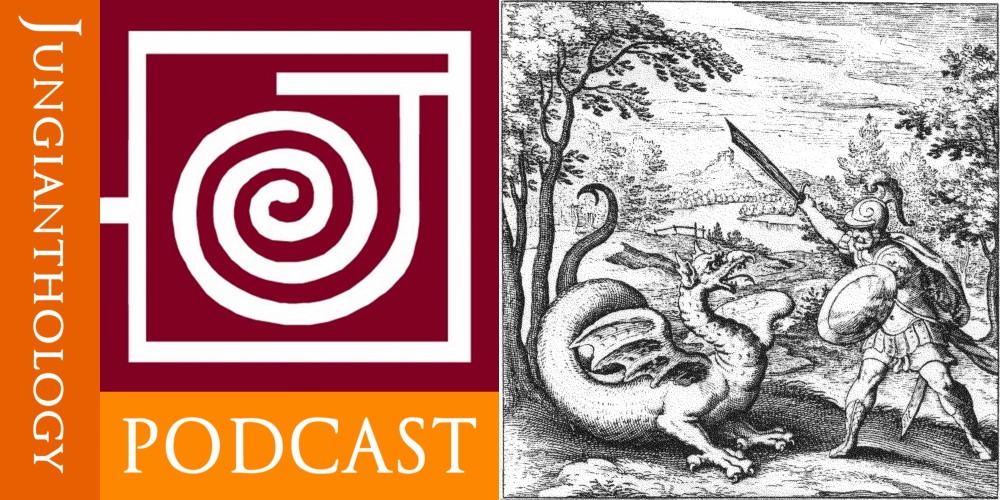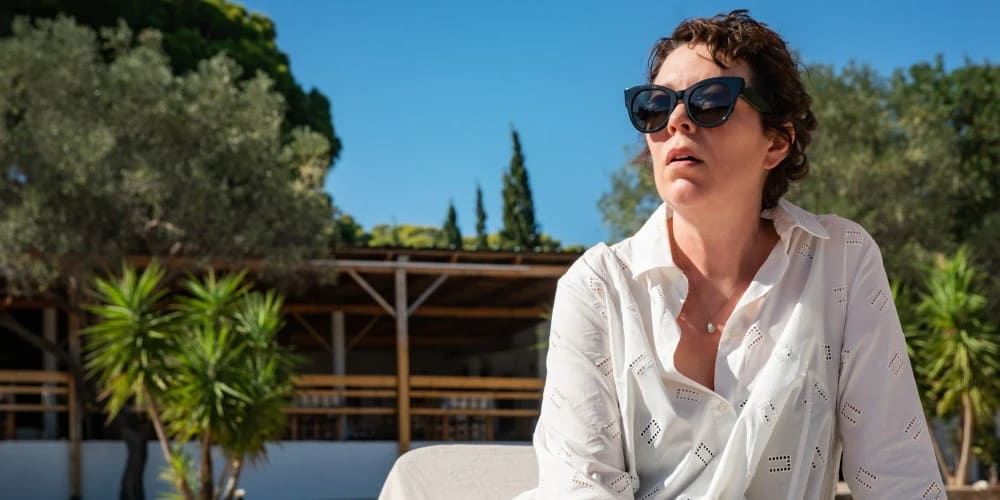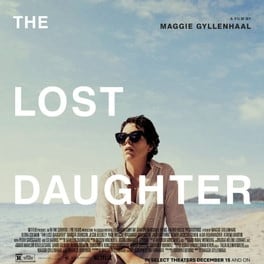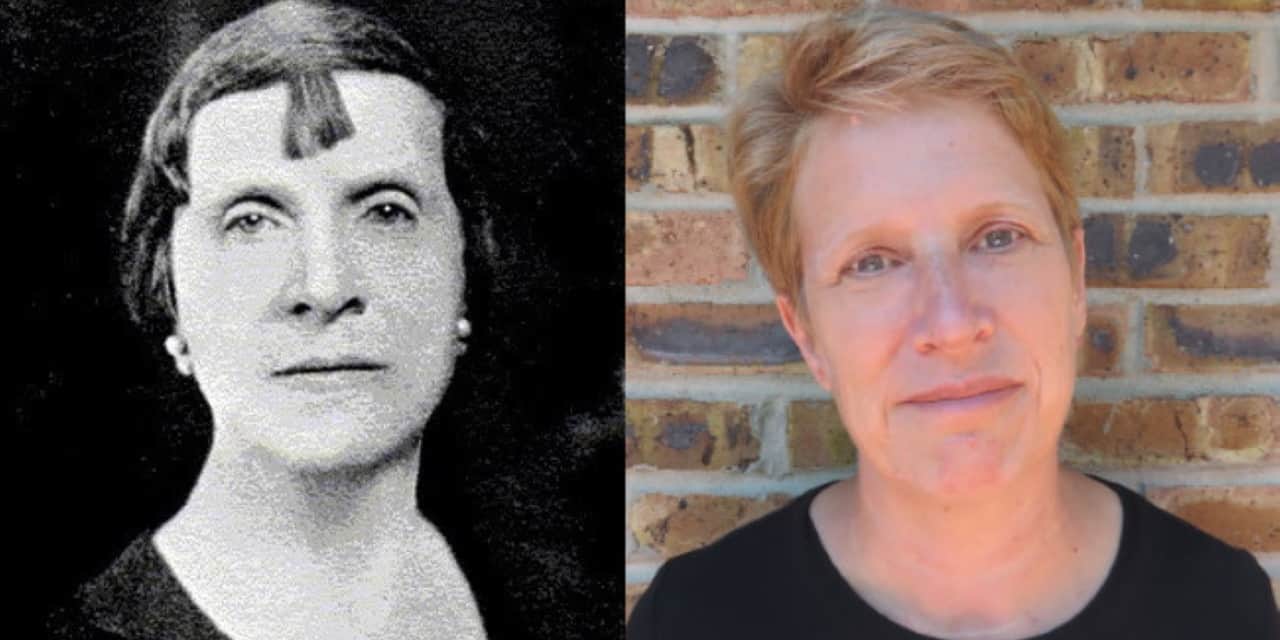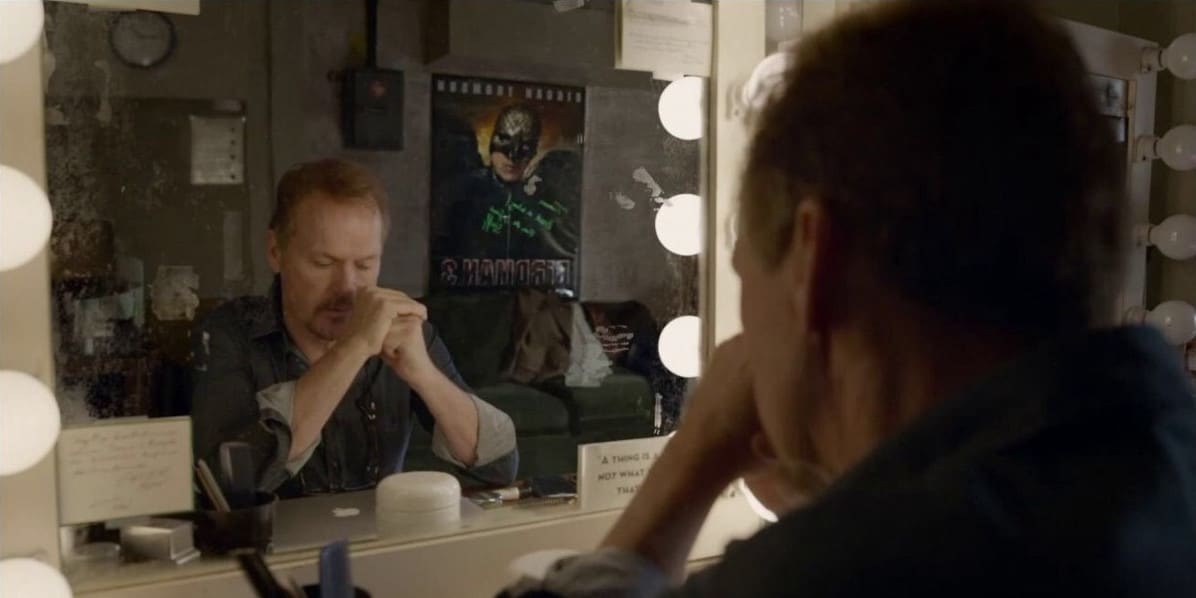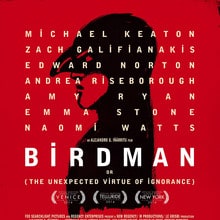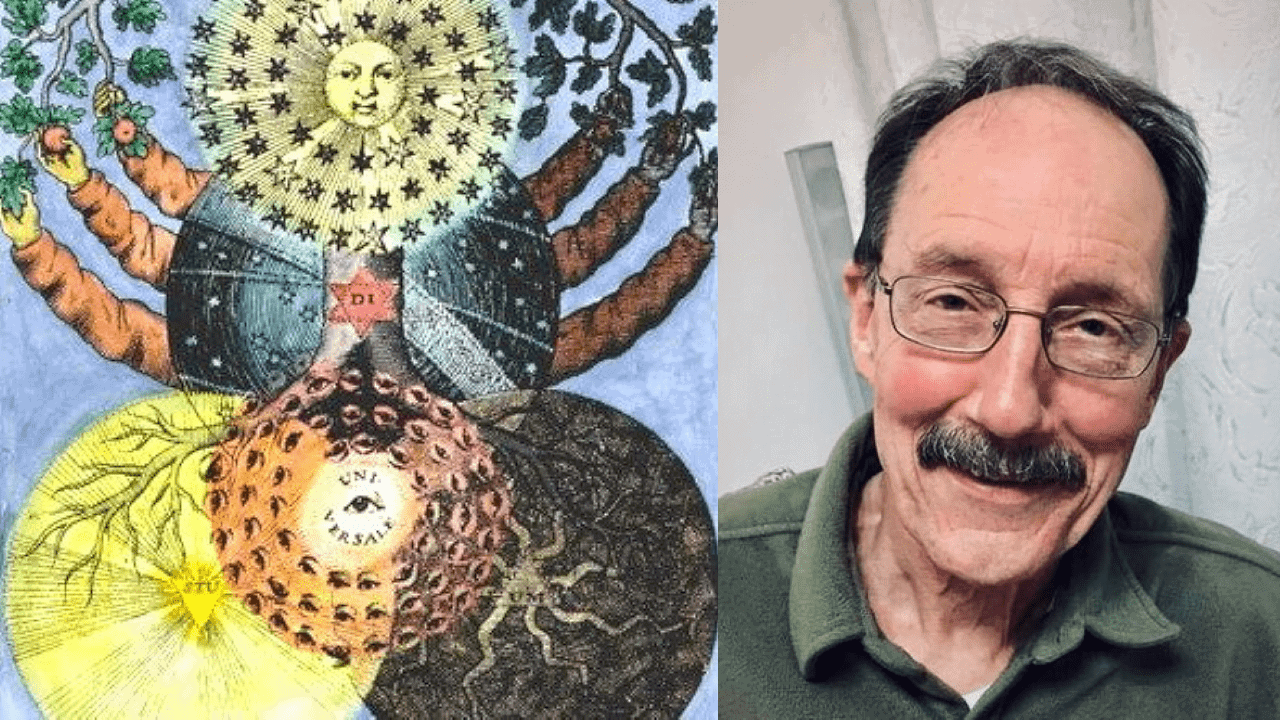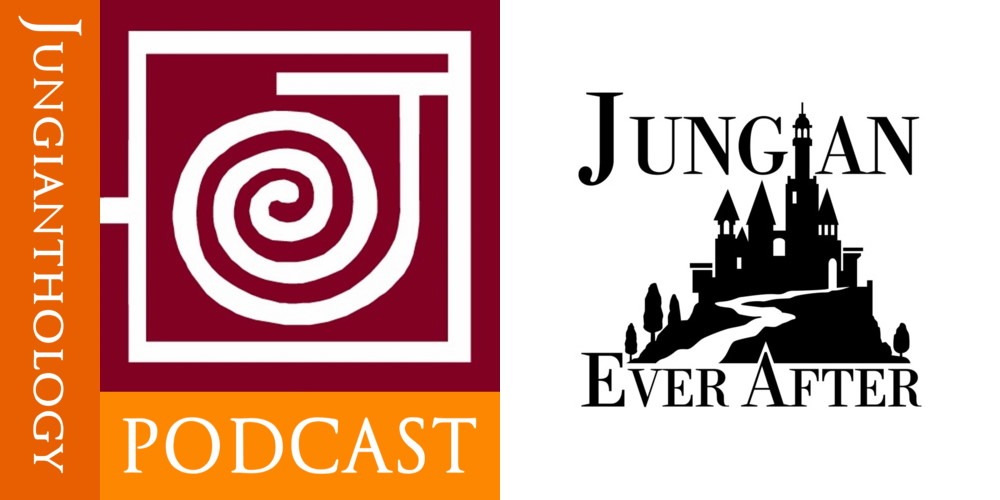
Jungian Ever After | Introduction
Podcast: Play in new window | Download (9.2MB)
We are adding a new show to Jungianthology! Jungian Ever After is a new show co-hosted by Chicago Society of Jungian Analysts member Adina Davidson and Raisa Cabrera. It’s a podcast about fairy tales through the lens of Jungian analysis. Jungian Ever After will be shared on our feed alongside our other shows. They have 7 episodes so far, so it will take a little bit for our feed to catch up with theirs, but we will! If you want to listen to all of their published episodes right now, go to Apple Podcasts, Spotify, or search for “Jungian Ever After” in your favorite podcast app.
Allow us to introduce ourselves and why we’re making this show!
We’ll be reading from Household Tales by Brothers Grimm
Adina also recommends: The Complete Grimm’s Fairy Tales (Pantheon Fairy Tale And Folklore Library). If attempting to purchase this, be sure it says, “with Padraic Colum (intro) and Joseph Campbell (commentary) and James Scharl (illustr)”. Amazon considers all versions to be the same book, so you could accidentally buy a copy without those key elements.

Email: [email protected]
Twitter: @JEA_Podcast
Discord: https://discord.gg/GEdn4TPgHR

